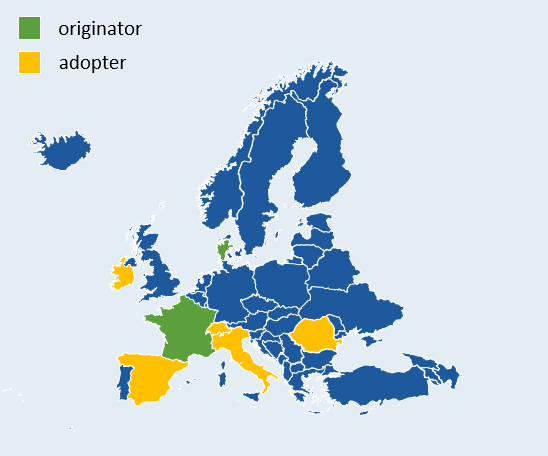Twinning solution
Twinning type
Main policy priority
Originator
Adopter(s)
Short description
REHAB-LAB-4ALL aims at (1) transferring an innovative 3D-printing laboratory concept born in France to six other European locations and (2) launching a collaborative IT platform to enable long-term collaboration and feedback. The REHAB-LAB in the first place is a fabrication laboratory integrated into a healthcare organization where people with disabilities can design their own assistive devices using 3D printing. Hence, it is a person-centered care innovation using digital tools. Kerpape (the originator) is one of the biggest rehabilitation centers in France and the only one with an electronic laboratory inside, where dedicated staff launched the REHAB-LAB initiative 3 years ago. Now a REHAB-LAB is in full operation and transfer has been completed to 9 other institutions in France. As a result, the project is already based on practical experience and successful implementation, which give expectations for promising results also in Italy, Spain, Switzerland, Ireland, and Romania.
